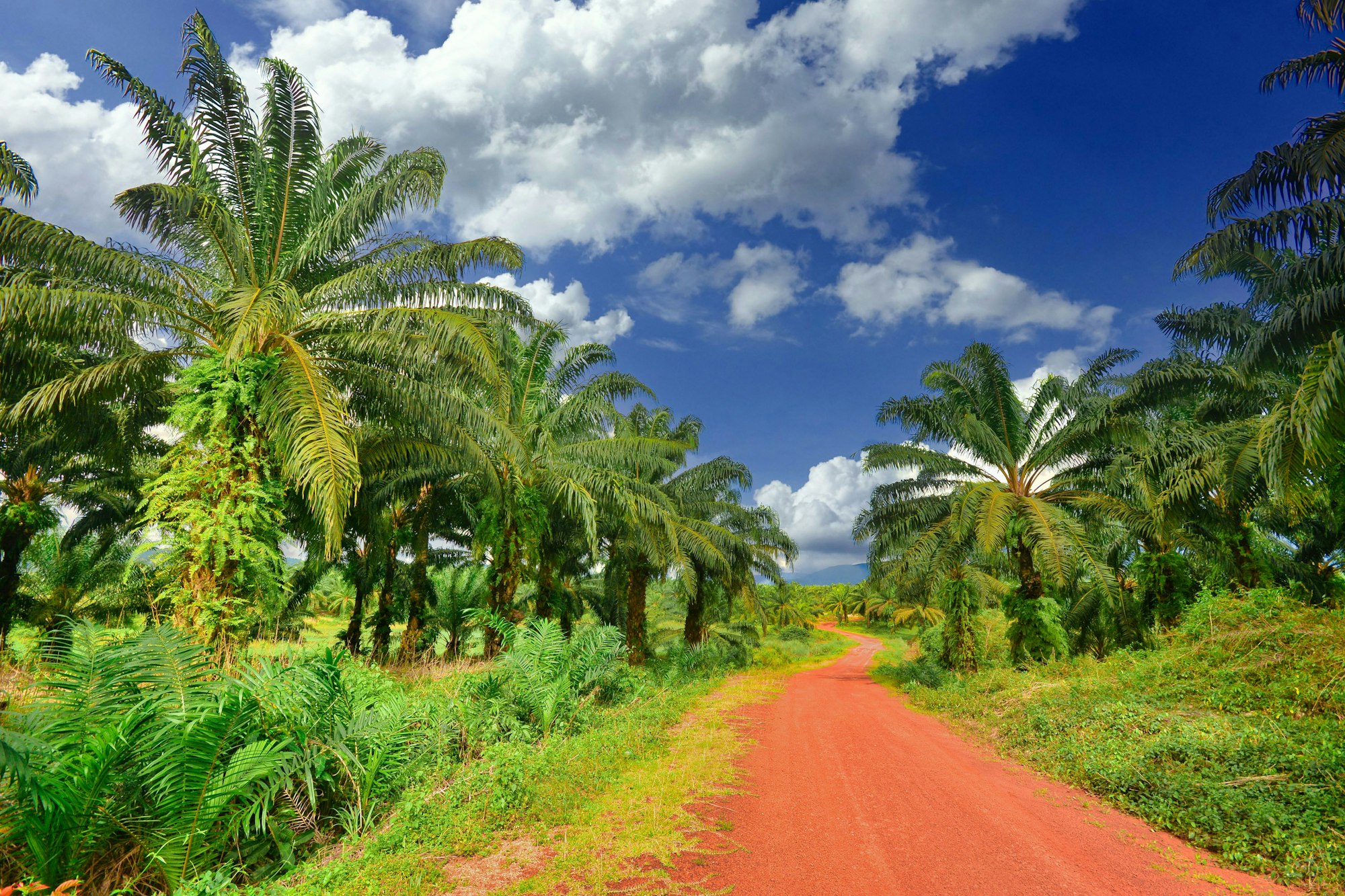Palm Oil Dilemma: Embrace Sustainability or Seek Alternatives?
Palm oil's widespread use is marred by its environmental consequences. Sustainable alternatives, like microalgae oil, are emerging with health and eco-friendly benefits. Balancing these benefits with sustainability is the ongoing research priority.

Palm oil is a prevalent ingredient in various products, ranging from bath products to food and fuel. The sheer popularity of palm oil is attributed to multiple factors:
Economic Profitability: Palm trees are relatively easy to cultivate, even in challenging soils, which makes them highly profitable for farmers.
Unique Properties: Palm oil is colourless, odourless, has a high melting point and is rich in saturated fats. This combination of properties makes it suitable for diverse applications, from food additives to fuel.
Issues with Conventional Palm Oil Production
Deforestation: The rapid growth of palm oil plantations has led to extensive deforestation, especially in Indonesia and Malaysia.
Loss of Biodiversity: This deforestation results in the loss of habitats for several species, with orangutans being among the most affected.
Air Pollution: Forests are often burned to clear areas for palm oil cultivation, leading to air pollution and soil erosion.
Water Pollution: Palm oil mills generate effluents, and their release can contaminate freshwater, affecting both biodiversity and human populations.
Sustainable Alternatives to Palm Oil
Canola and Sunflower Seed Oils: Although they don't cause the same level of deforestation, these alternatives demand significant land and water resources and have longer growth periods than palm oil.
Heterotrophic Algal Oil: Produced from algae called chlorella, this oil requires less space for cultivation. However, the primary food for this algae, sugar, is not sustainable, as only a small fraction of global sugar cane plantations are considered sustainable.
Coconut Oil: Suggested as a potential alternative to palm oil, coconut oil shares several of palm oil's beneficial qualities. Yet, it can only be grown in tropical regions, and a comparable amount of land would be needed for its cultivation.
Microalgae Oil: Recently, scientists have developed oils from microalgae, deemed a more sustainable and healthier alternative to palm oil. These oils contain more polyunsaturated fatty acids and fewer saturated fatty acids.
Given the dire environmental consequences of conventional palm oil cultivation, a shift to more sustainable alternatives is desirable. While "sustainable" palm oil initiatives have faced criticism for inadequate monitoring and implementation, innovations like microalgae oil show promise. This oil presents not only a healthier option but also a greener one, with the potential to reduce greenhouse gas emissions and food emissions and food waste.
While the quest for a perfect substitute continues, the priority should be a holistic approach, considering environmental sustainability and health benefits. Given the advancements in microalgae oil production and its potential benefits, it could be a viable direction for future investments and research.
https://viable.earth/understanding/sustainable-alternatives-to-palm-oil-do-they-exist
https://www.newfoodmagazine.com/news/163017/a-sustainable-substitute-for-palm-oil-has-been-created-by-scientists


